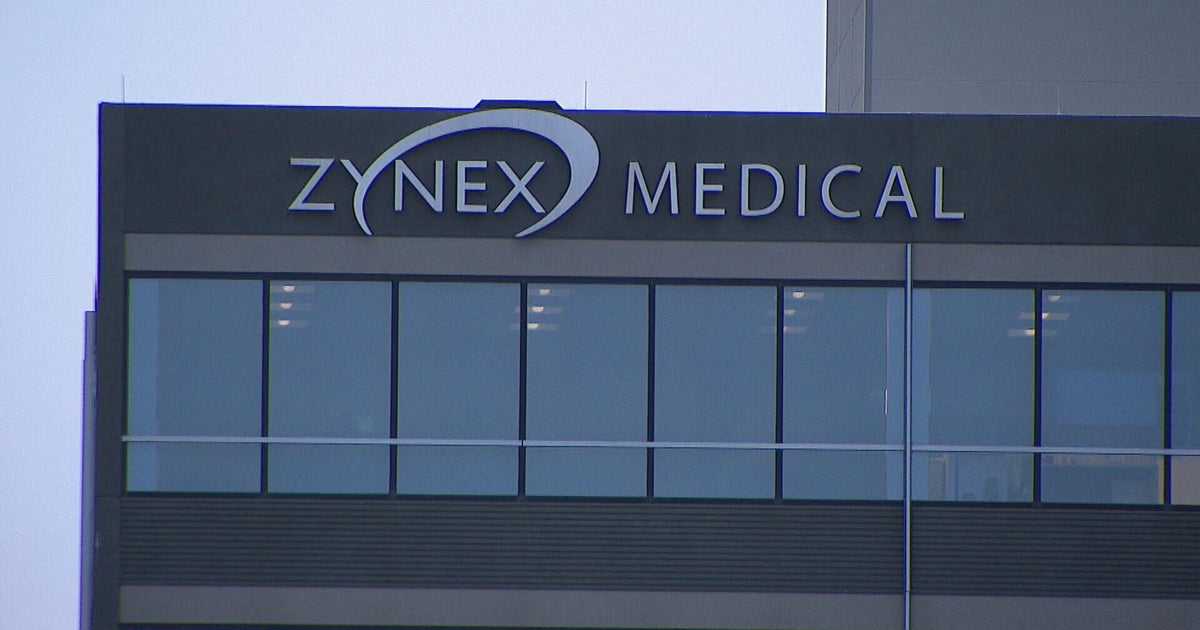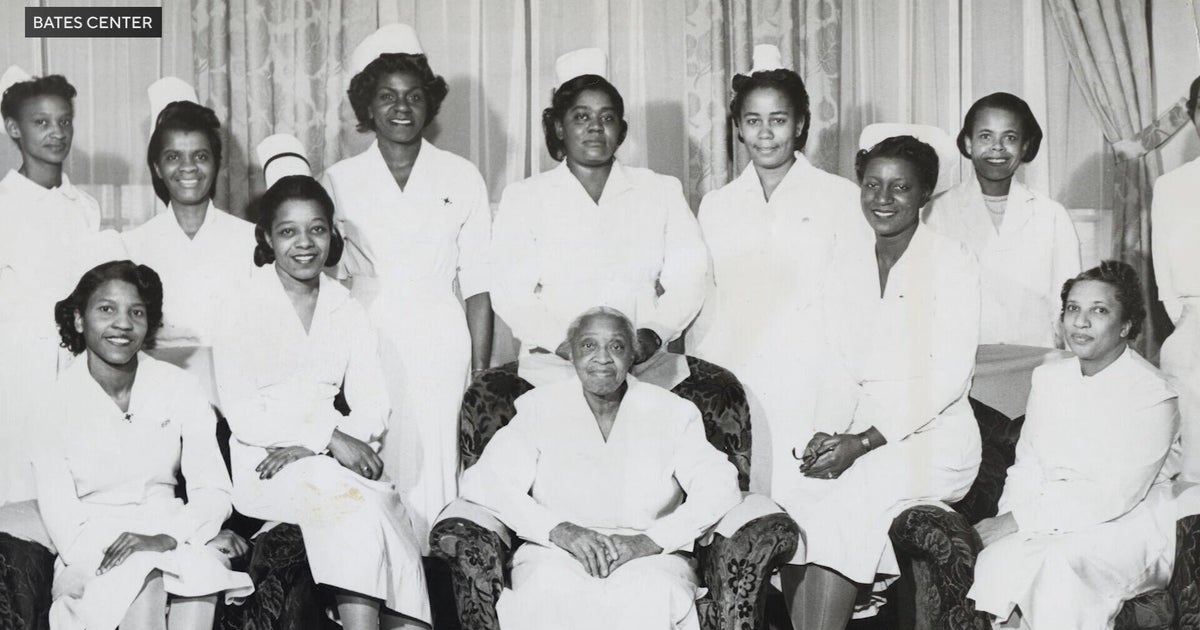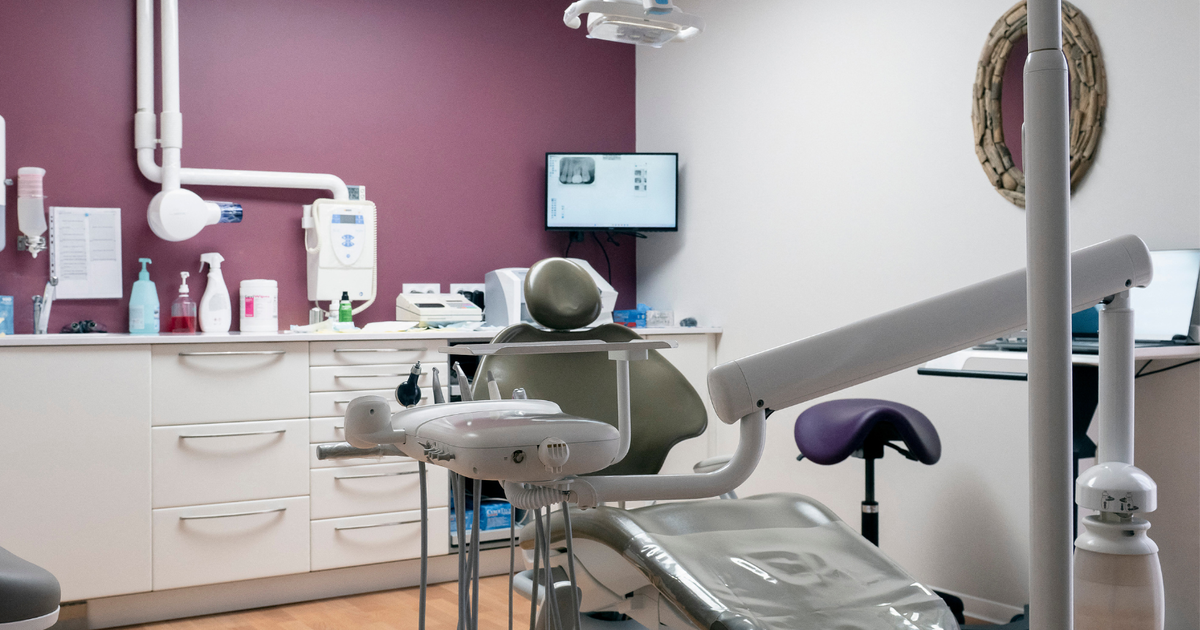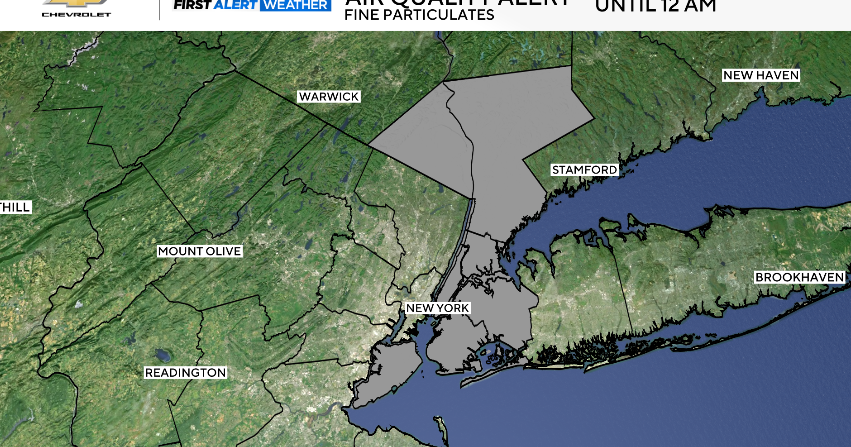New UCSF Study Shows Caffeine Doesn't Contribute To Extra Heartbeats
SAN FRANCISCO (CBS SF) -- A new study indicates that regular caffeine consumption does not contribute to heart palpitations or extra heartbeats, according to UC San Francisco researchers.
The results of the study, appearing in the January 2016 issue of the Journal of the American Heart Association, challenge the widely held clinical belief that caffeine products can lead to extra heartbeats.
The study measured the consumption of caffeinated products over a 12-month period by nearly 1,400 randomly selected patients who were part of the National Heart, Lung, and Blood Institute (NHLBI) Cardiovascular Health Study database of nearly 6,000 patients, though that sampling excluded individuals who persistently had extra heartbeats. The subjects were given a baseline food frequency assessment and 24-hour ambulatory electrocardiography monitoring with the frequency of regular consumption of coffee, tea or chocolate determined by a survey.
"Clinical recommendations advising against the regular consumption of caffeinated products to prevent disturbances of the heart's cardiac rhythm should be reconsidered, as we may unnecessarily be discouraging consumption of items like chocolate, coffee and tea that might actually have cardiovascular benefits," said the study's senior author, UCSF Health cardiologist Gregory Marcus, MD, MAS. "Given our recent work demonstrating that extra heartbeats can be dangerous, this finding is especially relevant."
Of the 1,388 subjects participating in the study, 840 or 61 percent consumed more than one caffeinated product daily.
The researchers found no differences in the number of PACs (premature atrial contractions) or PVCs (premature ventricular contractions) per hour across levels of coffee, tea and chocolate consumption. More frequent consumption of these products was not associated with extra heartbeats.
"This was the first community-based sample to look at the impact of caffeine on extra heartbeats, as previous studies looked at people with known arrhythmias," said lead author Shalini Dixit, a fourth-year medical student at UCSF. "Whether acute consumption of these caffeinated products affects extra heartbeats requires further study."
American Heart Association guidelines on the management of premature ventricular contractions state that if a patient's history is consistent with premature extra heartbeats, potential exacerbating factors such as the use of caffeine, alcohol and nicotine should be eliminated. Other online resources for clinicians offer similar recommendations.
Recent growing evidence indicates the potential benefits of common caffeinated products like coffee, chocolate and tea. The result is clinician uncertainty in counseling patients on consumption of these products, with patients possibly reducing their intake to avoid presumed cardiac issues.
The study is the largest to date to have evaluated dietary patterns in relation to extra heartbeats.







